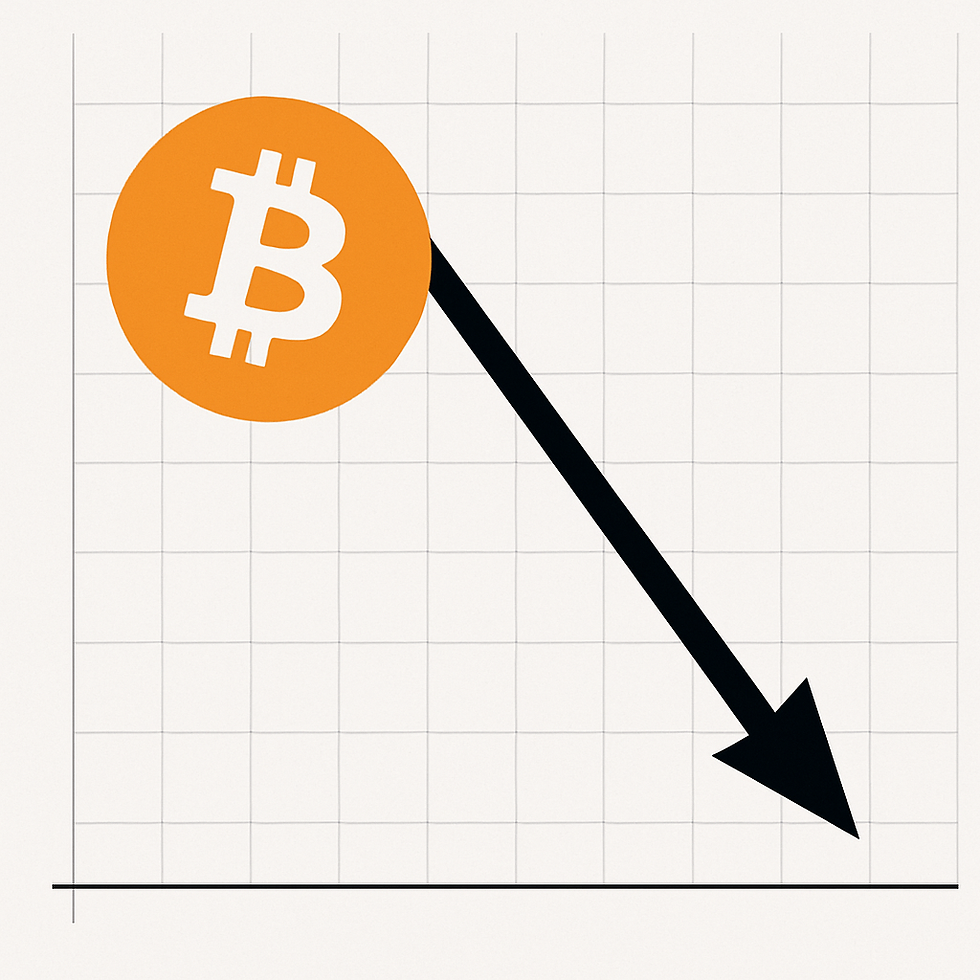The Coronation
- WireNews

- May 19, 2023
- 5 min read
by Rabbi Jeremy Rosen

Whatever one may or may not think of monarchy, the coronation of King Charles was a magnificent pageant. It illustrates why it is that the Talmud was so keen on going out of one’s way to witness a king (or queen) in all their glory and making a blessing on seeing such a manifestation of earthly power (Brachot 9b, 19b, 58a). Never mind that often the power was corrupt, and the emperor did or did not have any clothes.
The idea then was that if we make such a fuss over a human being, then surely, we should even more so of a Divine, universal authority. And nowadays I would say that even where there is no real authority, there is an aesthetic significance in tradition and formalities much as they may seem pointless and even irksome. In almost every area of human activity, even in our day, you will find seemingly senseless rituals, customs, flags, processions and ceremonies, awards, celebrations, parades, and uniforms. We, humans, seem to need and like something special every now and then.
In my rebellious youth, attracted by the grand ideas of socialism I resented the hierarchical arrogance and pervasive anti-Semitism of hereditary aristocracies. It was true that most of the monarchies were now constitutional and wielded no actual power. But that made the idea of ordinary human beings being elevated simply through birth, all the more incomprehensible. All the more so since in the Bible, the monarchs were a mixed bunch of mediocrities only rarely rising to moral heights or political success. In our times of increasing publicity, revelations of the moral failures, foibles, errors, and misdeeds of royalty, are rarely inspirational.
And yet this coronation has underlined the value of symbolism in a world where everything has been reduced to a Tik Tok clip and an abbreviated text. We cannot imagine that anything from the past has any value despite its original sins, and the only truth is the fashionable and ephemeral dogma of the moment. We only see the failings of history without appreciating how all progress comes at a price. The ceremonials are about the only thing that has survived of Imperial Power which like all empires around the world, black, brown, yellow, and off-white have perpetrated their share of crimes against humanity.
We didn’t have a television at home in 1953! This is why for the first time this Coronation (which I only saw in clips later) was such an impressive event. I could appreciate visually the theatrical Pomp and Circumstance. The soldiers and uniforms, the regalia and decorations, the whole paraphernalia that was anachronistic and yet something awesome to behold. Even the multi-faith Church service, was not my style, but a reminder that religion can have some benefits in an era where the majority no longer care and in a Britain whose Monarch is the Head of the Church of England even if most of his subjects are not Christians themselves.
As Britain continues to sink into Third World status it is one of the few things left for Brits to feel proud about and others to enjoy whether you are a monarchist or a tourist. Throughout all this time the monarchy has survived in the UK as a symbol of stability, continuity, and pride. In no small measure because of the personalities of the monarch. No one achieved this better than Queen Elizabeth.
She might have been a boring, dog-loving, horse-breeding, stag-hunting grandma. But in her role, she was magnificent. She was dignified, statuesque, and formal, beyond reproach herself, dedicated to performing her symbolic role, yet seemingly caring and publicly supportive. If her family life was often, as she said, fraught and horrible, her public persona was impeccable.
Prince Charles from his youth was a much easier target. He suffered from the intrusive press, insensitive parents, and trying to find a purpose and a role in life. And when he did take a public stand, he was ridiculed. He cared about preserving the past as well as welcoming the future; architecture, farming, ecology, and welcoming the huge demographic changes that were taking place around him. He often liked to say that whereas his predecessors were Defenders of THE Faith, he wanted to be the Defender of ALL Faiths. He was hugely charitable. He was outshone by his first wife and they both betrayed each other. Of course, he was as flawed and as self-centered as most of us are, if less so than his siblings. I know how hard it is to follow in the footsteps of giants.
This is not a plea for the Monarchy anywhere else. Once it has been displaced or was never instituted, it is unlikely to find favor in our egalitarian world or be resurrected no matter how bad its successors might be. But at least I would argue we should not demolish an institution if most of its citizens think it is helping balance the excessive self-interest and grubbiness of politicians and systems.
Overall kings and absolute monarchies have not been a success. But do we really think that Presidents are any better? One or two perhaps. But in the main, they too have been corrupt, often cruel autocrats or incompetents. As for Chairmen, most of them are Marxist disasters who chair nothing other than their own backsides. There is no perfect system of government or rule. By nature, we humans are fractious and selfish (with rare exceptions). Chaos is the air we breathe.
King Charles has his faults. He doesn’t suffer fools gladly and can be impatient too. But he was always highly professional in public making everyone feel he cared deeply. Like all good troopers, he always played his part in the arcane, complicated, mystifying, and weird ceremony that involved the complete spectrum of British life and identities. Although at times he did as though he wished he could be somewhere else. I loved it when his son kissed him, and pretty Yende sang Sacred Fire magnificently, but poor Penny Mordaunt MP, representing Parliament had to hold up that very heavy ceremonial sword up for nearly an hour!
There was something magnificent about the whole hullabaloo, and that’s why so many millions, even a few anti-monarchists lined up for days and were rivetted to their screens to see an event that no one has for 70 years- a welcome break from boring sports and noisy concerts. It is about the only thing left that Britain is really good at. Was it nostalgia or perhaps our world has become so mundane, so pathetically diminishing, and boring that for a change so many did revel in the past without rubbishing it altogether?
###
Jeremy Rosen was born in Manchester, England, the eldest son of Rabbi Kopul Rosen and Bella Rosen. Rosen's thinking was strongly influenced by his father, who rejected fundamentalist and obscurantist approaches in favour of being open to the best the secular world has to offer while remaining committed to religious life. He was first educated at Carmel College, the school his father had founded based on this philosophical orientation. At his father's direction, Rosen also studied at Be'er Yaakov Yeshiva in Israel (1957–1958 and 1960). He then went on to Merkaz Harav Kook (1961), and Mir Yeshiva (1965–1968) in Jerusalem, where he received semicha from Rabbi Chaim Leib Shmuelevitz in addition to Rabbi Dovid Povarsky of Ponevezh and Rabbi Moshe Shmuel Shapiro of Yeshivat Be'er Ya'akov. In between Rosen attended Cambridge University (1962–1965), graduating with a degree in Moral Sciences.








